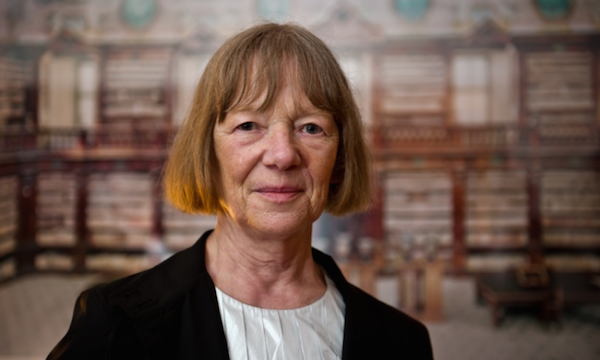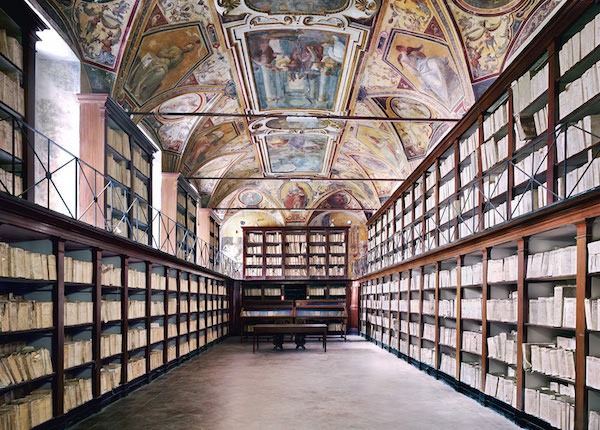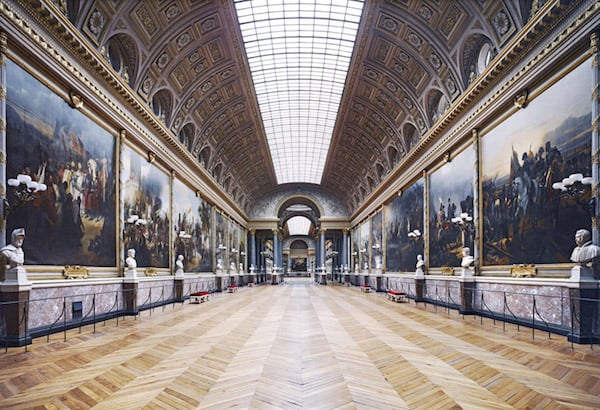Art World
Candida Höfer Awarded 2015 Cologne Fine Art Prize
The jury praised her exceptional photographic oeuvre.

The jury praised her exceptional photographic oeuvre.

Henri Neuendorf

The German artist Candida Höfer has been awarded the 2015 Cologne Fine Art Prize for her influential artistic output.
The prize, worth €10,000, is awarded by the German Association of Galleries and Art Dealers (BVDG) in association with Koelnmesse.
Art Magazin reported that Höfer will accept the award in a ceremony on November 17th coinciding with the AXA Art Preview at the Cologne Fine Art fair.

Candida Höfer Teatro Scientifico Bibiena Mantova (2010)
Photo: Ben Brown Fine Arts via artblart.com
Born in 1944 in Eberswalde, the artist enrolled at the Kunstakademie Düsseldorf in 1973 and studied film under Ole John for three years—the academy didn’t offer photography degrees at the time. In 1982 she finally enrolled at the university’s new photography course, and studied under Bernd and Hilla Becher.
Höfer eventually became known for her architectural photography of public spaces.
Describing her work in 1992, Art In quoted her as saying “I photograph public and semi-public places from different eras, places that are accessible to everyone. There are places for encounters, communication, knowledge, relaxation, recreation…All rooms have a purpose, and the things in the rooms usually have a purpose.”

Candida Höfer Archivo di Stato Napoli I (2009)
Photo: theredlist.com
In 2002, Höfer participated at Documenta 11, and in 2003, she represented Germany together with Martin Kippenberger at the 50th Venice Biennale.
Explaining their decision to award Höfer the prize, the BVDG stated, “The unique quality of her exceptional photographic oeuvre lies in the aesthetic with which she captures spatial structures with utmost care, thereby fusing the image and the viewer to reveal previously unseen aspects of outstanding architectural structures.”

Candida Höfer Chateau de Versailles III (2007)
Photo: Yvon Lambert, Paris via zine.artcat.com
To mark the achievement a special exhibition of photographs by Candida Höfer will be presented the Cologne Fine Art fair from November 18 to November 22, 2015.
Previous recipients of the prestigious prize include Dieter Roth, Sigmar Polke, Georg Baselitz, Günther Uecker and Leiko Ikemura.
Related stories: